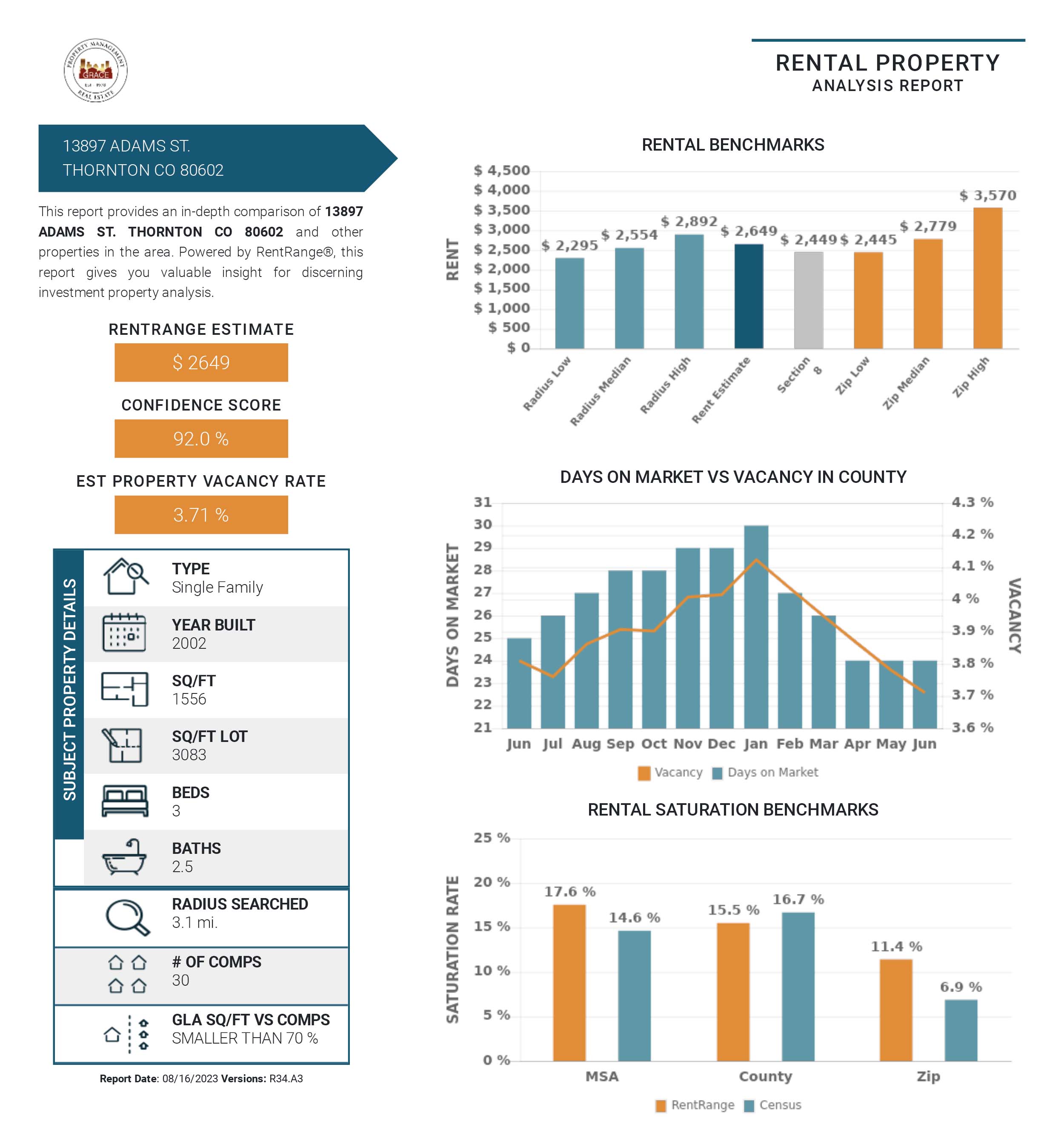Breaking Your Lease Due To Domestic Violence
Colorado housing laws protect victims of domestic violence, unlawful sexual contact (including sexual assault), or stalking who are renters.
1) A landlord cannot evict a tenant (renter) who is a victim of domestic violence, sexual assault, or stalking because of the crime, or because the victim called law enforcement because of the crime. Landlords also cannot fine (charge) a renter for asking for help from the police for one of these crimes. Renters cannot be asked to waive (give up) the right to call the police for help. This means that renters can always call the police for help from domestic violence, sexual assault, or stalking.
2) Victims of domestic violence, sexual assault, or stalking may not have to pay for damage caused to the rental property if it was caused by an abuser/perpetrator during a crime.
3) Victims of domestic violence, sexual assault, or stalking may be able to terminate a lease agreement if they follow the below steps:
Step 1: A written statement from the tenant (renter) to the landlord that states:
- They are a victim of unlawful sexual behavior, stalking, domestic violence, or domestic abuse; and
- They need to move due to safety concerns for themselves and/or their children; and
- The termination of the lease is pursuant to C.R.S 38-12-402 (2)(a).
Step 2: Attach Evidence of Victimization to the written statement. Evidence of unlawful sexual behavior, domestic violence, or domestic abuse can be a:
- Police report written within the last 60 days; or
- valid protection order (civil or mandatory); or
- written statement, within the last 60 days, from a medical professional who has seen the victim; or
- written statement, within the last 60 days, from an Address Confidentiality Program Application Assistant who has consulted with the victim.
Evidence of stalking can be a:
- police report written within the last 60 days; or
- valid protection order (civil or mandatory); or
- written statement, within the last 60 days, from an Address Confidentiality Program Application Assistant who consulted with the victim.
After a victim ends their lease and informs their landlord they have moved out, they are responsible for paying one month’s rent (from the date of move-out), which is due within 90 days.
Notice to a landlord that someone is a victim or a victim’s new address cannot be shared with anyone else without permission from the victim, unless required by law.
Breaking Your Lease Due To Military Transfer
Federal law allows active military servicemembers to terminate a lease agreement in the case of transfer orders.
In order to terminate your lease due to military transfer orders, you will need to provide us with:
- written notice of your intent to terminate along with a copy of your military transfer orders
- after delivery of this notce, the lease is considered termianted 30 days after the next rental paymenet is due
- rent continues to be due through the 30-day period.






